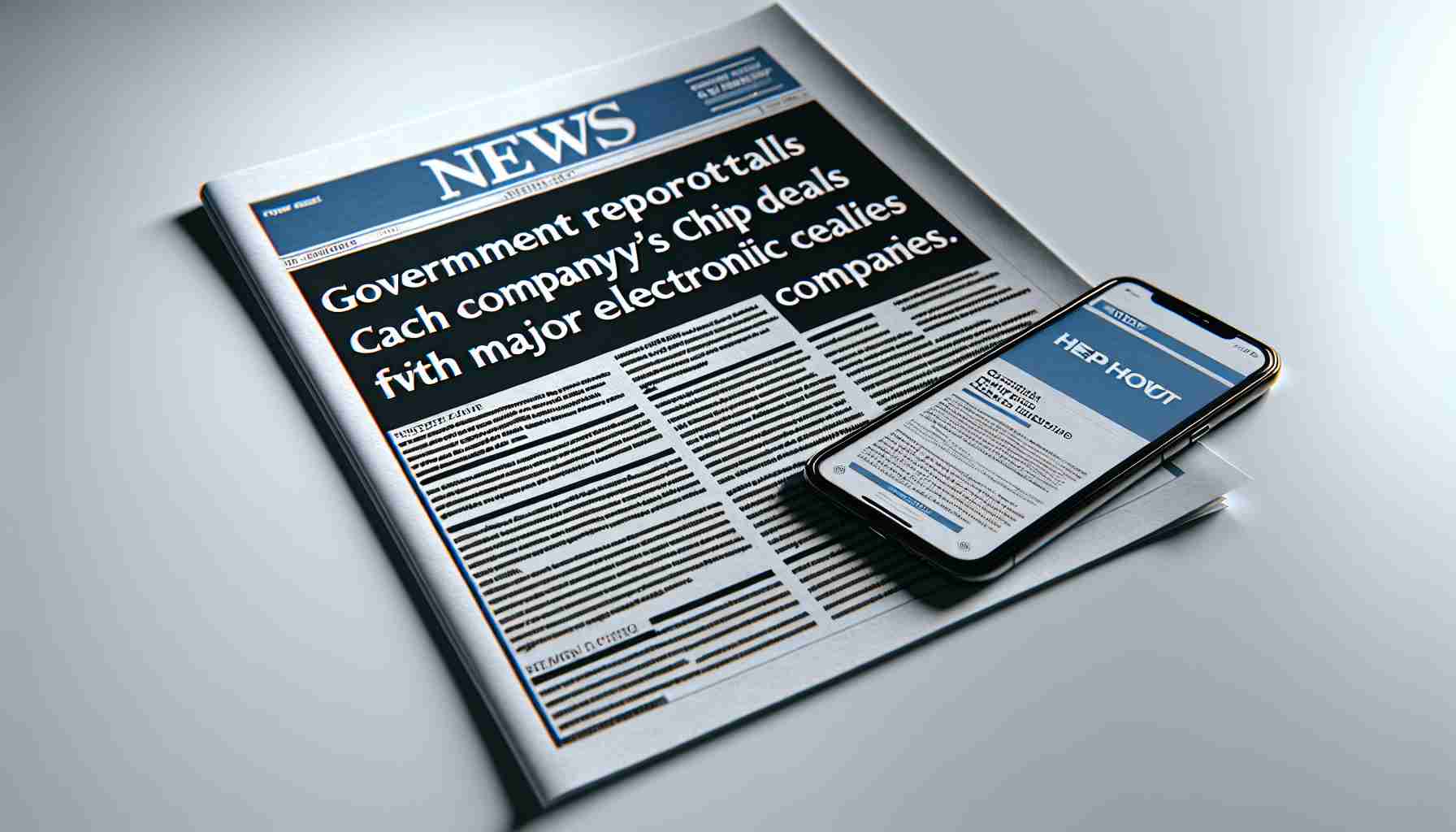The recent clampdown on Huawei’s supply chain. According to new developments, the U.S. Government has purportedly terminated export licenses granted to major chipmakers Qualcomm and Intel. This aggressive step signifies that the tech giants will no longer be able to supply Huawei with the semiconductors crucial for manufacturing laptops and potentially other devices.
Although not explicitly mentioned in the U.S. Commerce Department’s statement about the revocation of certain unspecified licenses, reliable sources have indicated that these restrictions are aimed at choking the Chinese company’s access to vital technology. Huawei, remaining at the forefront of the U.S. tech embargo, has yet to officially respond to this latest obstacle.
Potential impacts on Huawei’s laptop production. The sudden policy enforcement casts a shadow over Huawei’s ability to distribute its newly launched MateBook X Pro laptops. Despite the setback, the extent of the impact hinges on Huawei’s current stockpile of Intel chips, since acquiring more from the U.S. suppliers is now ostensibly off the table.
Global ramifications of the export control measures. While the affected chipmakers, Qualcomm and Intel, maintain silence on the matter, the Chinese government has expressed staunch opposition to what it perceives as the U.S.’s unjustified suppression of Chinese corporations under the guise of national security concerns.
The debacle traces back to 2019, with Huawei landing on a trade restriction list amidst espionage anxieties. Suppliers such as Qualcomm and Intel were briefly able to navigate these troubled waters with special licenses obtained in 2020. Despite the challenges, Huawei had managed to broker an agreement with Qualcomm to utilize its 5G technology in a patent deal valid through fiscal 2025. The future of this deal, particularly in the context of Huawei’s chip development efforts, is currently uncertain in light of the recent regulatory actions.
The recent U.S. government actions against Huawei by canceling the chip deals with major suppliers like Qualcomm and Intel have far-reaching consequences for Huawei and the global tech industry.
Key Questions and Answers:
– Why has the U.S. government targeted Huawei? The U.S. government has expressed concerns that Huawei may pose a national security threat due to its alleged links with the Chinese government, leading to fears that the company’s equipment could be used for espionage.
– What impact does the cancellation have on Huawei? Huawei may face significant challenges in producing and developing new technologies without access to U.S. chips, which could affect their competitive position in the global market.
– How does this decision affect Qualcomm and Intel? Qualcomm and Intel lose a customer in Huawei, potentially reducing their sales and impacting their business financially.
Key Challenges and Controversies:
– The challenge for Huawei is to find alternative sources for chips or to accelerate the development of its own semiconductors through its subsidiary, HiSilicon.
– A controversy lies in the balance between national security interests and market competition. Critics argue that the U.S. is using national security as a pretext for economic protectionism.
Advantages and Disadvantages:
– Advantages: For the U.S., the move might protect national security if the fears are justified. It may also encourage domestic production of chips.
– Disadvantages: Huawei’s inability to source from U.S. companies might lead to setbacks in innovation and economic drawbacks for Qualcomm and Intel. It also escalates tensions in U.S.-China relations.
Suggested related link:
– U.S. Department of Commerce – While this doesn’t link directly to the article’s topic, it’s the main domain of the entity that imposes export controls.
